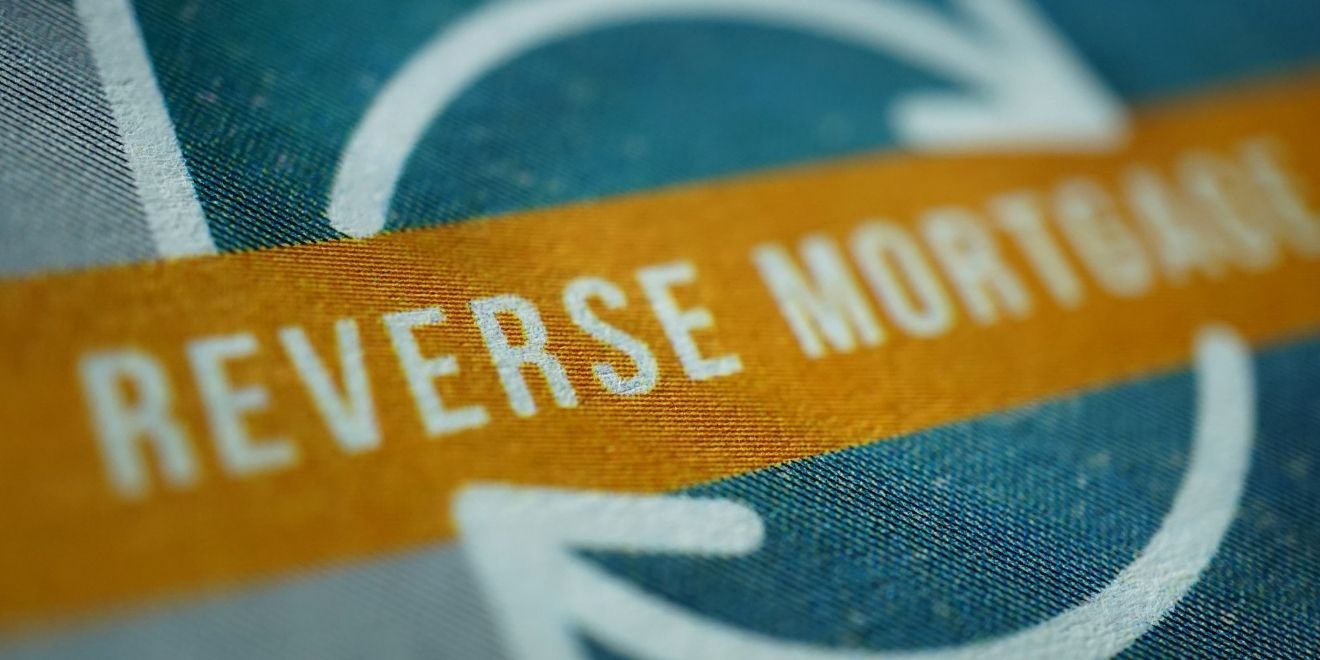Few things are quite as daunting or as frightening as reaching retirement age and not having adequate financial resources.
Enter stage left, the retirement mortgage!
Although it can be a relief to finally have the opportunity to rest after several consecutive working years, the end of a regular series of monthly payments can come as a huge shock to the system. How to get around the ever-present cloud of financial fears?

Many people turn to loans as a means of relieving the pressure, but neglect to consider the risks that come with that, such as debt, the risk of foreclosure, and a poor credit rating if the payment is defaulted upon. A far better solution would be to turn to reverse mortgages as a means of finding relief. Read on as we dive into the topic of how to improve your retirement with a reverse mortgage.
Retirement mortgages – more than a tie-over
Know by multiple names – reverse mortgage or retirement mortgage, this type of loan comes with several benefits. Not only does it bring peace of mind in a situation that would otherwise have been extremely stressful, but it also takes a great amount of pressure off the repayment terms, as no money is actually due until after the loan ends.

But you should also remember that there should be enough value attached to your home in order to make the loan worthwhile. There are certain federal laws in place that prevent you from borrowing above a certain percentage of the value of your house, so it is worthwhile to know what the value of your house is, and whether applying for a percentage of that is going to be worthwhile. The amount that you will be liable for at the end is calculated by your lender using a reverse mortgage calculator.
Why is a reverse mortgage considered a big deal?
The fact that you are not bound by the shackles of regular payments is one of the things that makes a reverse mortgage special. As long as you remain resident in your home, the loan will remain valid. But remember – you need to be the actual legal owner of the property – you will not be able to bond a loan to a rental or holiday property. The unique requirement that you should be a permanent resident in the house is the one factor that makes a reverse home loan significant. This brings the likelihood of eviction of foreclosure down to virtually zero but remember – you must remain compliant with all other loan conditions too.
Repayment made easy
Where a traditional loan comes with predefined repayment terms, and extreme penalties for non-adherence, such as losing your home, a reverse mortgage is virtually limitless – which is to say that it can last for many years – as long as you need to access it.

You are also not under any pressure to repay the amount that you owe within a specific period of time. In fact, you will not be liable for any repayments until the loan period comes to an end or if you decide to move from the original house.






